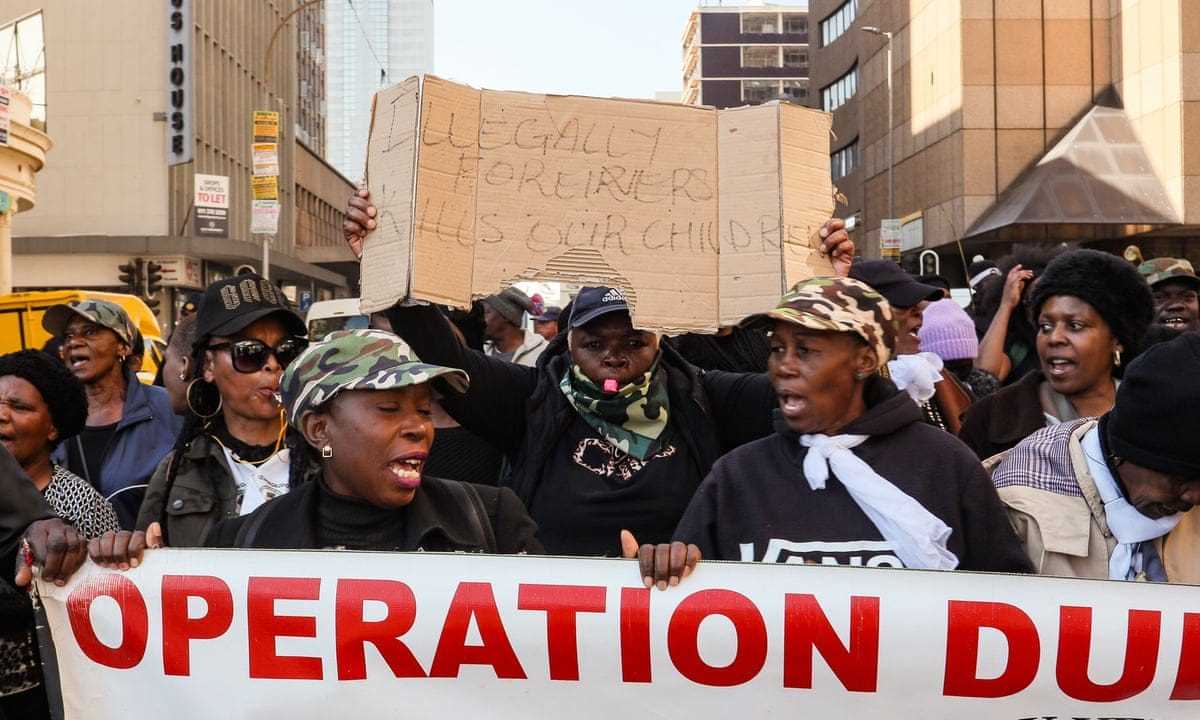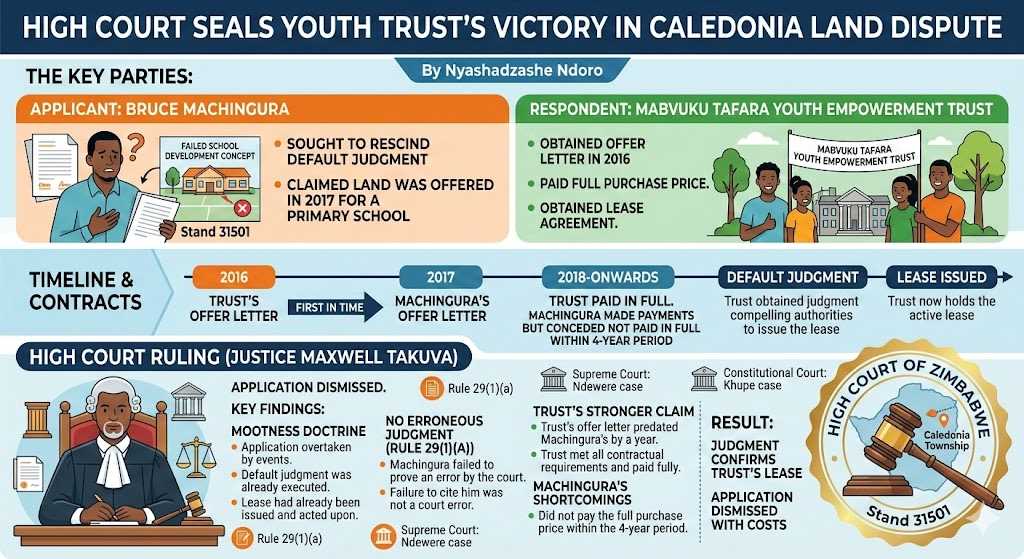
Oscar J Jeke- Zim Now Reporter
United Zimbabwe Alliance leader Elizabeth Valerio has strongly criticised the government’s sudden ban on the sale of second-hand clothing and night vending in Central Business Districts, calling the move “dangerous, short-sighted, and inhumane.”
Her remarks come in response to an announcement by Local Government and Public Works Minister Daniel Garwe, who on Monday directed all local authorities to immediately begin enforcing the ban as part of efforts to restore order in urban centres and regulate informal trade.
In a sharply worded statement, Valerio said the decision overlooks the economic realities of millions of Zimbabweans who depend on second-hand clothing and informal vending to survive.
She argued that the ban criminalises poverty and will only deepen desperation in already struggling communities.
“Let us be honest with each other. Places like Mupedzanhamo clothed many of our people. Sakubva Musika has been the lifeline and business hub for countless families. From Chinhoyi Rank Market to Masvingo, Kwekwe, Kadoma, Chegutu — second-hand clothing and vending have sustained livelihoods for decades,” she said.
“To suddenly cut off these avenues without addressing the root causes is not only unfair — it’s dangerous and short-sighted.”
Valerio warned that enforcing the ban without offering alternative income streams or pathways to formalisation would not solve urban disorder, but would merely displace informal traders and exacerbate poverty.
"Our economy has not yet recovered enough to absorb the informal sector into formal employment,” she said. “When we clamp down on informal traders without giving them alternatives, we are telling families to stop eating before we've provided a way for them to procure food. That is not policy — that is cruelty masked as governance.”
The government’s directive follows mounting pressure from local authorities and some residents’ associations demanding a cleanup of city centres that have become congested with unregulated street vending and informal markets.
Related Stories
Minister Garwe said the decision was aimed at bringing “order, health, and safety” back to urban business environments.
But Valerio questioned whether a clean city can come at the cost of human dignity and basic survival.
“We cannot legislate away poverty. Any law that does not take into account chikonzero chaita musoro uteme is bound to push people into even more informal and unregulated spaces,” she said, using a Shona phrase meaning "the reason for the pain must be understood."
She further called on fellow legislators to reconnect with the daily struggles of ordinary Zimbabweans and demanded that government policies be grounded in social empathy rather than theoretical governance.
“Before we criminalise survival strategies, let us ask why people are in survival mode in the first place,” she said.
“Why not revive our textile industry and provide affordable local clothing before banning imported second-hand goods? Why not create jobs first before robbing our people of their bread and butter?”
Valerio urged a gradual integration of informal traders into formalised economic spaces, backed by access to capital, skills development, and affordable premises.
“We must be the kind of government that listens, understands, and acts with compassion. Zimbabweans deserve dignity, not punishment,” she said.



















Leave Comments